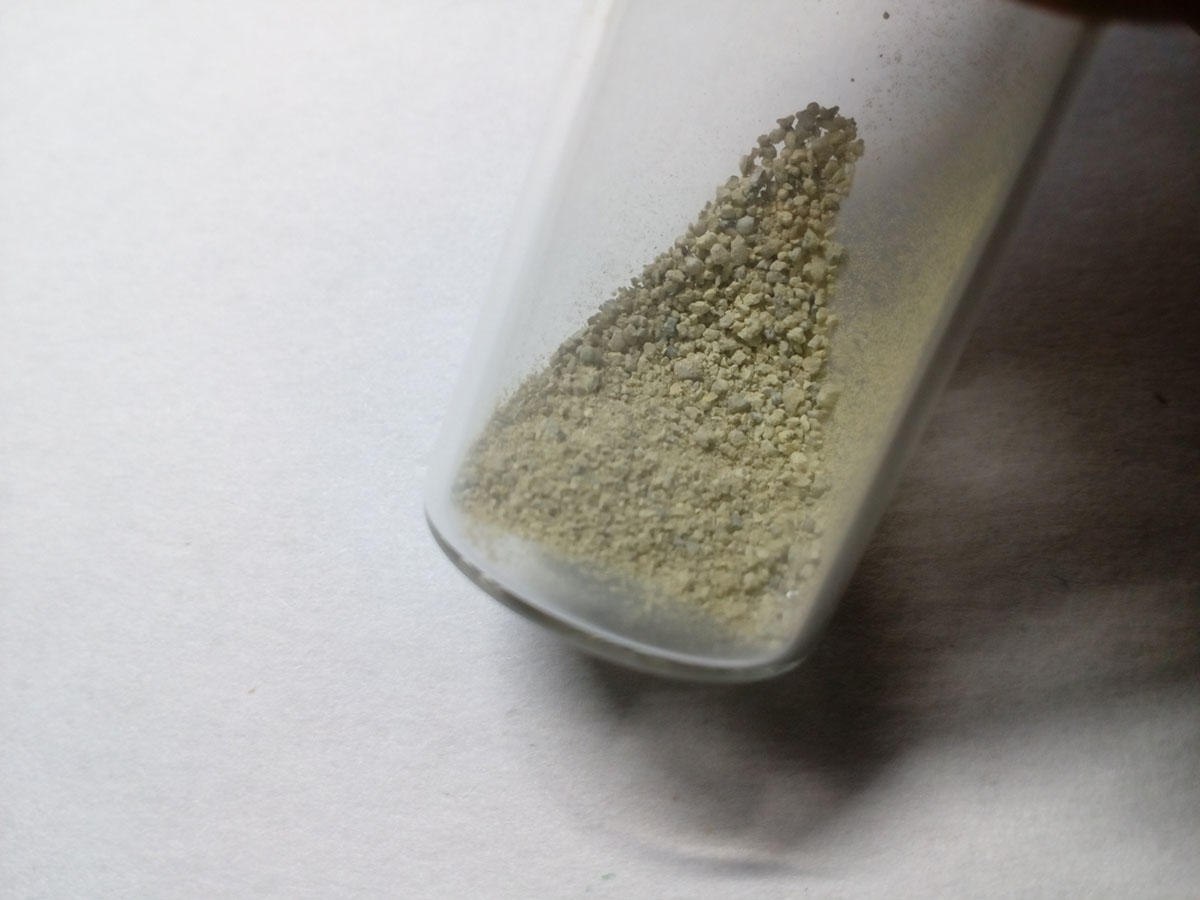
Magnesium deficiency
Magnesium is a mineral that plays a very important role in the human body, it is necessary for the proper functioning of several systems, it is vital for building of the muscles, bones and protein production, and it also regulates the body temperature.
Different people have different requirements of this mineral, depending on their age, sex, overall health, and many other factors. However, several studies have shown than in the United States most people do not get sufficient amounts of magnesium through their diet only.
Causes of magnesium deficiency
Just eating insufficient amounts of foods that contain magnesium can lower its levels in the body, but other factors can lead to deficiency as well, and in those cases deficiency seems to be more severe. Those factors include alcoholism, because alcohol destroys magnesium in the body, certain medications like antibiotics, especially Cyclosporine and some medications used for treatment of cancer patients, but also malnutrition, dehydration and hereditary factors.
Symptoms of magnesium deficiency
Magnesium deficiency, especially if untreated, may lead to imbalance in hormone levels, high blood pressure, irregular heart rate and even heart attack.
The first and the mildest symptoms of this deficiency include headaches, trouble sleeping, muscle twitches and spasms, while in children the signs are irritability, loss of appetite, problems with memory and concentration.
In women, problems with menstrual periods, like their irregularity, as well as tender breasts, may indicate magnesium deficiency.
In severe cases, symptoms of magnesium deficiency are hypertension, osteoporosis, body numbness, severe involuntary muscle twitching, hallucinations, tingling sensation all over the body. Treatment for magnesium deficiency
Because this deficiency can lead to serious health problems, some of which are irreversible, it is very important to treat it as soon as it is diagnosed. If a person suspects he or she may have magnesium deficiency, it is best to report it to a doctor, who will perform tests, like blood ionized magnesium test, in order to make a diagnose.
Mild magnesium deficiency can be treated simply by introducing more foods that contain magnesium in the everyday diet. Those foods may include bananas, milk, spinach, nuts, raising, halibut, lentils and cereals. Also, there are many magnesium supplements available over the counter in drugstores and pharmacies. Supplements should be taken with caution and according to the directions, because magnesium overdose can have serious consequences.
In severe cases, magnesium deficiency is treated with intravenous administration of magnesium solution.

















Your thoughts on this
Loading...